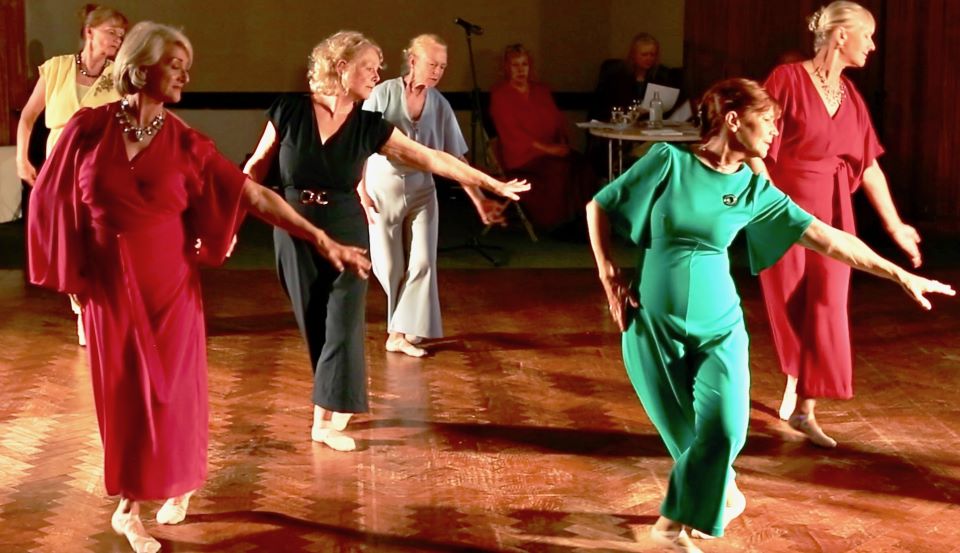Despite the government’s refrain of us ‘all being in this together’, the current situation is divisive. FRSA Ivor Thomas suggests one way forward.
The RSA fundamentally exists to promote and further the well-being of Society. The present social problems we are all facing need to be addressed before anarchy and violence increases. These include rising unemployment, a greater number of people claiming incapacity benefits, more people having days off ‘sick’, and an aging population. Many people facing unemployment are concerned about the future and feel that they have been let down.
There is a need to unite the population so that everyone feels that they are valued and can contribute to the well being of this country. I believe the time is right for the government to create a national service, for the unemployed.
Virtually everyone should be included, so that all are seen to be treated the same. The ‘service’ would be compulsory and would require an input, for five hours per week from those who have been unemployed for a stated period of (say six to nine months). Initially, 10 per cent of ‘benefits allowance’ would be allocated as ‘payment’ for this service. This could increase by 10 per cent every additional year they are unemployed.
The nature of this work will be critical for the concept to be effective and gain popular support: it must not remove work done by those already employed. Likewise it will be important to avoid schemes such as ‘picking up litter’, as they would be seen as a punishment for not having a job, and be counter productive.
Instead, I suggest four national service activity headings: Pride in Britain; Community/Amenities Projects; Waterway Projects and Foreign Aid. People would be able to choose which two activity sections they would undertake. This would minimise the possibility of over subscription and give people the opportunity to think of future employment opportunities or skills they can acquire.
Pride in Britain activities would focus on restoring dignity to run down areas which currently encourage an ever increasing spiral of despondency. People would be given work that can help to improve the environment. This would include a range of activities from smartening up grass verges and overgrown gardens of those unable to do this work themselves, to ensuring paths/road gutters, and drain covers are kept clear of snow and debris. This would have the advantage of freeing up council workers to devote more time to improving the condition of the main roads and other priorities.
Community/amenities projects would be coupled with the introduction of new National Certificates Courses run by tertiary colleges. This would include a course for crèche workers and supervisors. These will enable many unemployed people to take part time work or attend courses. Training for caring assistants which would cover work deemed beneficial by the social services would help to increase the presence of skills needed to cope with our aging population. On completion of relevant work experience, people would become eligible for working in care homes and hospitals, or continue training for more advanced qualifications. Another option would be providing opportunities to gain gardening skills and knowledge of community projects, covering anything that will enhance the local environment, reduce vandalism and improve the area.
Building on the work of organisations like Thames 21, the waterways strand of activities would focus on improving rivers and canals and increasing their public use. This could involve clearing debris and providing and making our waterways more accessible. In some areas, it would involve building up flood defences, something that needs constant attention.
On a very different model, the foreign aid element of the national service would seek to support aid projects with labour, materials and technology. The increasing numbers of unemployed graduates are a potential resource who can use their skills in organisation, problem solving and languages to help manual aid to be used effectively and efficiently. This would also ‘free up’ work for the less qualified locally.
A minimum wage could be paid into their bank account, with all accommodation and food provided. Because they will be paid, they must sign up for a minimum period each year they are unemployed. The main thrust will be in education, health, housing and infrastructure. At present a lot of volunteers for overseas work, actually pay for the privilege: involving the unemployed and paying a minimum wage, is actually a bonus.
Amongst those without work there are very different groups. This includes those receiving incapacity benefits who have often been out of work for long periods of time or never worked. There are also those who have been made recently redundant, who may have remarkable skills and would jump at the opportunity to be really useful and get fulfilment from helping with the implementation of these ideas.
These ideas need further development and I do not pretend they are without their problems. There are those who will, no doubt, be quick to say that this cannot happen. The proposal for just five hours a week to be allocated to such a service acknowledges the need to avoid any exploitation. Involving potential users of the scheme and the public more broadly in designing the service should ensure a truly unified effort that adds to rather than undermines local employment. And we must not overlook the potential for the scheme to provide opportunities for people to work from home and to utilise the range of skills amongst those people who for one reason or another find themselves without work.
These ideas can be refined and expanded, and I would welcome responses from RSA Fellows and others with something to add. I believe a national service along these lines could provide a way of making everybody feel that they have a part to play in building the future and in tackling the apathy and feelings of helplessness many people who are unemployed encounter.
Ivor Thomas has worked as a teacher, has sat on many examination boards and did his National Service in the Royal Navy in Coder/ Education branch in the 1950s.
Related articles
-
Black History Month: Q&A with I. Stephanie Boyce
Deborah Ajia
The first Black president of the Law Society discusses how she overcame the odds to rise to the top of her profession, and is now helping to drive social change as an RSA Fellow.
-
Keep dancing!
Barbara Berkeley-Hill
Age should be no barrier when it comes to dance. Barbara Berkeley-Hill discusses how dancing can help older generations feel younger, happier and more connected.
-
Educators as curators in the age of AI
Alex Soulsby
With artificial intelligence able to support individualised learning, educators should act as curators of knowledge – cultivating creativity, critical thinking and other competencies to help foster deeper and more meaningful connections with each student.



Join the discussion
Comments
Please login to post a comment or reply
Don't have an account? Click here to register.
Over here in the states we have the California Conservation Corps. My sister works for the Corps doing watercourse restoration on salmon streams to improve habitat for salmon fry after logging. Other jobs done are invasive plant removal, brush clearing for fire hazard management and debris and litter removal from wild lands and riparian areas.
It's hard, dirty, low paid work but it's honest and it has a visible benefit. I'm curious as to what you think you're going to do with all the older workers who can't manage unskilled, outside labor.
About time, sheer common sense. No doubt the civil liberties and human rights people will be up in arms at this brilliant solution.
How about a living wage rather than a minimum wage?